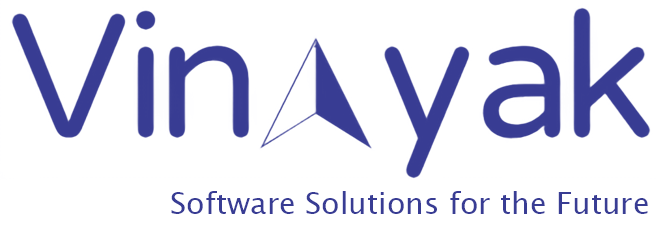Introduction
Artificial Intelligence is revolutionizing healthcare delivery, offering unprecedented opportunities to improve patient care, streamline clinical workflows, and enhance medical research. From early disease detection to personalized treatment plans, AI is transforming how healthcare professionals diagnose, treat, and manage patient care.
Current Applications
AI applications in healthcare span across various domains, from administrative tasks to complex medical procedures.
Medical Imaging
AI algorithms can analyze medical images to detect abnormalities with high accuracy.
- • X-ray analysis
- • MRI interpretation
- • CT scan processing
Clinical Documentation
AI-powered tools help streamline medical record keeping and documentation.
- • Voice-to-text transcription
- • Automated coding
- • Record summarization
Diagnostic Tools
AI-powered diagnostic tools are enhancing the accuracy and speed of medical diagnoses.
Key Benefits
Increased Accuracy
Reduced human error in diagnoses
Early Detection
Identifying diseases at earlier stages
Time Efficiency
Faster diagnostic processes
Patient Care
AI is transforming patient care through personalized treatment plans and monitoring systems.
AI-Enabled Care Solutions
Remote Patient Monitoring
Continuous tracking of vital signs and health metrics
Treatment Optimization
Personalized treatment recommendations based on patient data
Predictive Analytics
Forecasting patient risks and outcomes
Challenges
While AI offers tremendous potential in healthcare, several challenges need to be addressed.
Data Privacy & Security
- •Protected health information handling
- •Data breach prevention
- •Regulatory compliance
Integration Issues
- •Legacy system compatibility
- •Staff training requirements
- •Implementation costs
Future Potential
The future of AI in healthcare holds exciting possibilities for improving patient outcomes and healthcare delivery.
Emerging Technologies
Precision Medicine
AI-driven personalized treatment based on genetic profiles and patient history
Robotic Surgery
Advanced AI-powered surgical robots for enhanced precision and recovery
Drug Discovery
Accelerated drug development through AI-powered molecular analysis
Ethical Considerations
As AI becomes more prevalent in healthcare, important ethical considerations must be addressed.
Patient Autonomy
Ensuring patients maintain control over their healthcare decisions
Algorithmic Bias
Addressing potential biases in AI systems to ensure fair treatment
Transparency
Making AI decision-making processes understandable to patients and providers
Conclusion
AI is fundamentally transforming healthcare, offering unprecedented opportunities to improve patient outcomes, streamline operations, and advance medical research. While challenges exist, the potential benefits of AI in healthcare are immense. As technology continues to evolve, healthcare providers must carefully balance innovation with ethical considerations to ensure AI serves the best interests of patients and society.
Key Takeaways
- •
AI is revolutionizing diagnostic accuracy and patient care
- •
Privacy and ethical considerations are crucial for implementation
- •
Future developments promise even greater healthcare improvements



